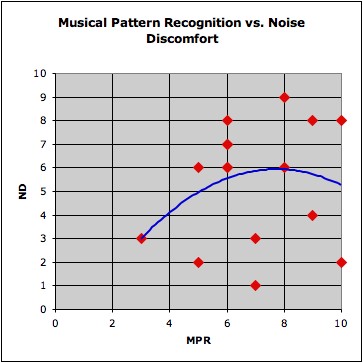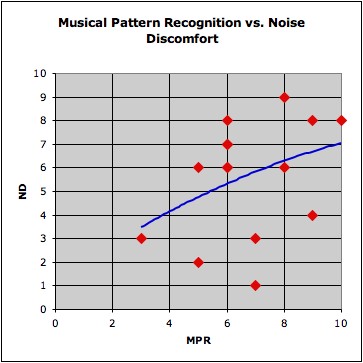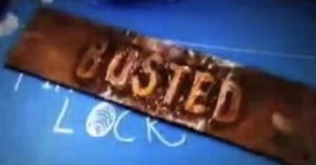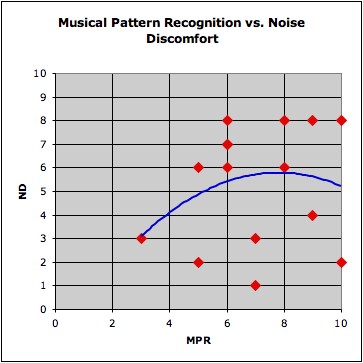Last night, Kathy and I took the kiddos to see a performance of the African Children’s Choir. As a big fan of African choral music, I was really excited to get to hear this group, even though I didn’t know much more about them than their name. I was not disappointed.
The 30-strong choir, made up of kids aged seven to eleven years, charged enthusiastically on to the stage amid drumming, whoops and ululations, tearing right into a number of well-choreographed songs. The musical arrangements were straightforward, but the kids’ enthusiasm, dancing and excellent singing made for an absolutely terrific time.
It turns out the Choir isn’t primarily about these performances, but is in fact a Christian aid organization which uses the musical tours to raise funds for their work back in Africa. Most of the children performing had lost one or both parents to war or disease and were terribly vulnerable before the African Children’s Choir took them in. While the choir we saw was comparatively small, there are hundreds of kids in Uganda, Sudan, Rwanda, Kenya, Ghana and South Africa that the organization supports and cares for.
Midway through the program, each of the children said hello to the crowd and said a little about what he or she wanted to be on reaching adulthood. Aspirations ranged from bus driver to singer to President (a goal that got a predictably warm response from the crowd a day after President Obama’s inauguration). This recitation of dreams was especially poignant given that for most, simply living to adulthood would have been unexpected if it weren’t for the work of the choir. (We compared notes among our group afterward, and there was barely a dry eye during this section of the program.)
The Choir received three standing ovations by the time they wrapped up for the evening with one of the more rousing renderings of “This Little Light of Mine” that I’ve ever heard. So go see them if you can (they’re bouncing between San Antonio and Austin for the next few days), or support them in some other way. You won’t regret it.




